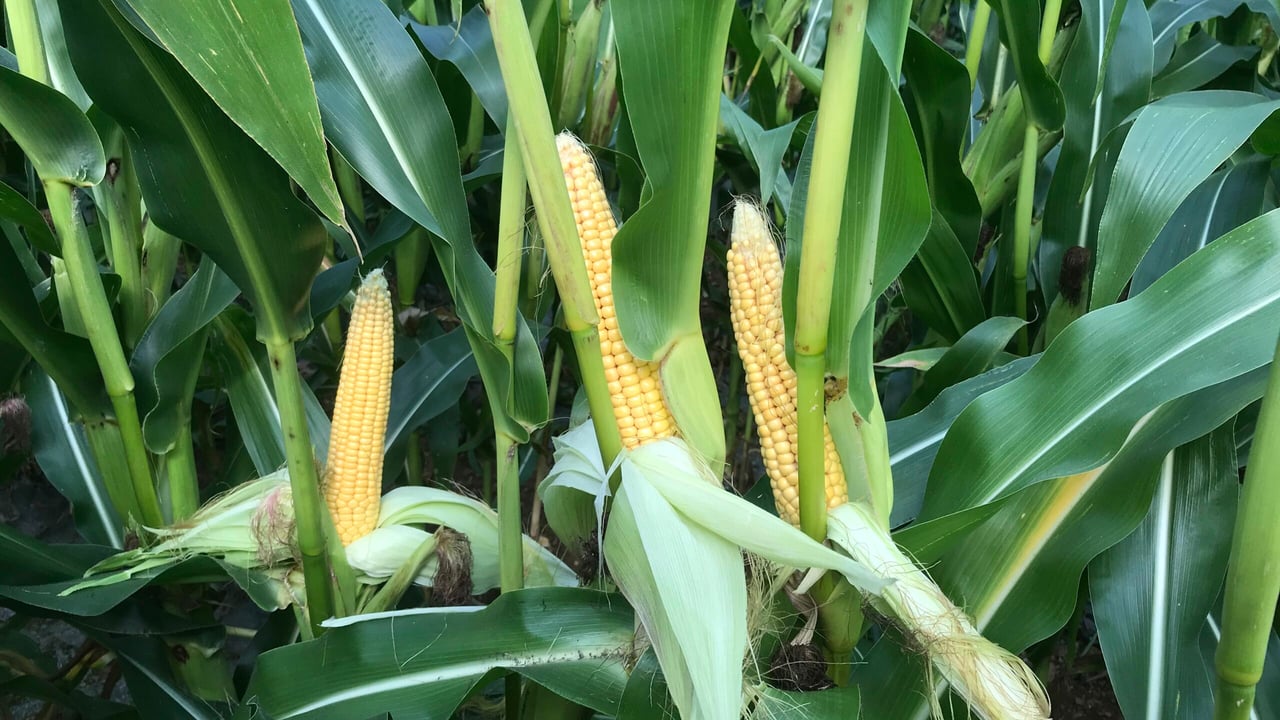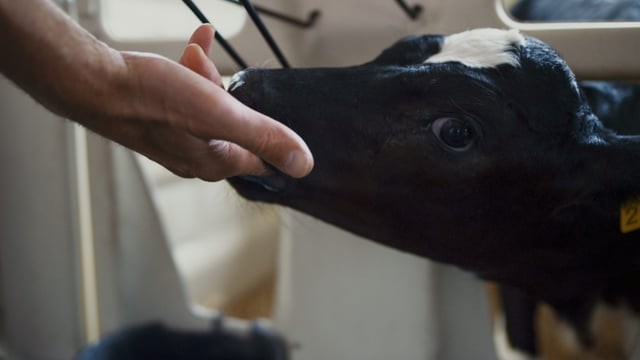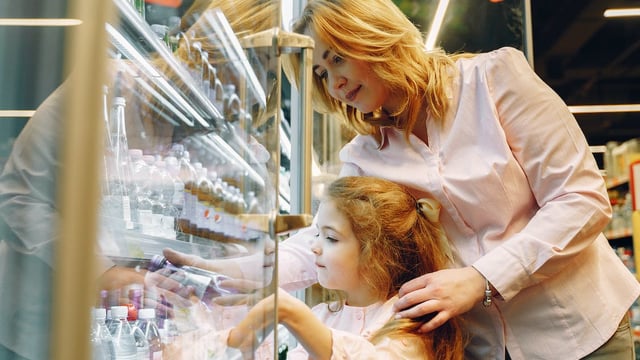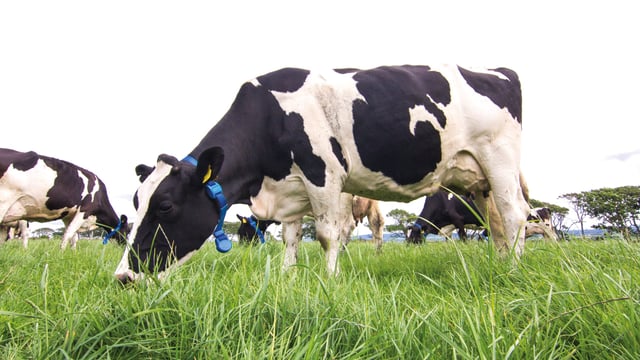Grain growers want action on imports of GM maize products
The Irish Grain Growers' Group (IGGG) is calling for an immediate examination of what it has described as the "now excessive use" of GM (genetically modified) maize, soya, and palm kernel, and their by products, entering the Irish food chain from third countries.
The group has said that Irish consumers have the right to be informed via labelling about the expanded use of GMOs (genetically modified organisms) in the Irish food chain in recent years.
Irish growers claim they have fully embraced EU standards and are now producing some of the most highly regulated and safest grain in the world.
In a statement, the IGGG said: "Our sector has achieved the lowest carbon footprint of any agricultural industry in Ireland, with recent Teagasc research showing carbon neutrality on many Irish grain farms.
"Despite our leadership in sustainability, food safety, biodiversity, and food security, Irish grain growers continue to receive prices below the cost of production.
"This harvest, prices are quoted lower than those paid in the 1980s. The sector has lost 1,450 growers in the last two years alone - clear evidence that the current situation is unsustainable."
The IGGG claims that a major factor in these depressed prices is what it described as the influx of cheap GMO imports from third countries, which are banned from being grown in the EU.
"The double standards in play are extraordinary. Would authorities tolerate this in any other sector?" the statement continued.
"Our tillage farmers have become the sacrificial lamb of Irish agriculture. Instead of being rewarded for excellence in climate action, biodiversity, and food safety, our grain is being downgraded and thrown in with inferior GMO imports.
"The government and relevant agencies, including Bord Bia, have to date failed to differentiate - through labelling or marketing- between high-quality Irish grain and vastly inferior imported feed," the statement added.
The IGGG said that over five million tonnes of livestock feed are imported annually, claiming much of it entails of significantly lower sustainability standards, with no effort to inform consumers.
The IGGG continued: "Authorities are aware of the stark difference but allow the current reality continue, but we ask is this fair competition?"
The group has referenced a quote by former EU Agriculture Commissioner, Janusz Wojciechowski - 'if we can't use these chemicals on our farms, we should not import produce treated with them'.
"The continued downgrading of Irish grain by government, Bord Bia, and other stakeholders is no longer acceptable," the IGGG statement added.
"We will speak out and take whatever action is necessary to protect the future of the Irish grain sector.
"We will not apologise for standing up for Irish tillage farmers. We believe Irish consumers, if fully informed, will support our fully traceable, sustainable, and safe grain, which is among the best in the world.
"Consumers deserve to know what is really in the products they're consuming and who ispaying the price."
Grain growers have raised concern that the issue may jeopardise Ireland's commitment to traceability in the food supply chain and ultimately, Ireland's food sovereignty.
The IGGG said that Ireland’s native grain sector plays a vital role in producing quality, traceable, and environmentally responsible crops that support both the food system and rural economy.
"Yet, GM grain, which we believe does not meet the same standards of traceability, environmental protection, or public acceptance, continues to flood the Irish market, creating unfair competition for Irish tillage farmers who operate under stricter EU and Irish environmental regulations," the group added.
It is concerned that the presence of imported GM grain could
- undercut the price of Irish-grown grain, threatening the viability of Irish tillage family farms;
- Contradict Ireland’s climate ambitions by increasing reliance on long-distance imports;
- Question whether consumer knowledge (both native and internationally) about GM feedstuffs in the Irish food chain is being portrayed a distinctive manner?;
The IGGG has called on the government, industry stakeholders, and retailers to support home-grown grain by implementing clear labelling and segregation of GM and non-GM feed/food-based products.
Growers also want the prioritisation of the use of native grain/pulse/oilseeds in livestock and food production supply chains.
The group is calling for financial and policy support to encourage greater use of Irish cereals, pulses and oilseeds.





